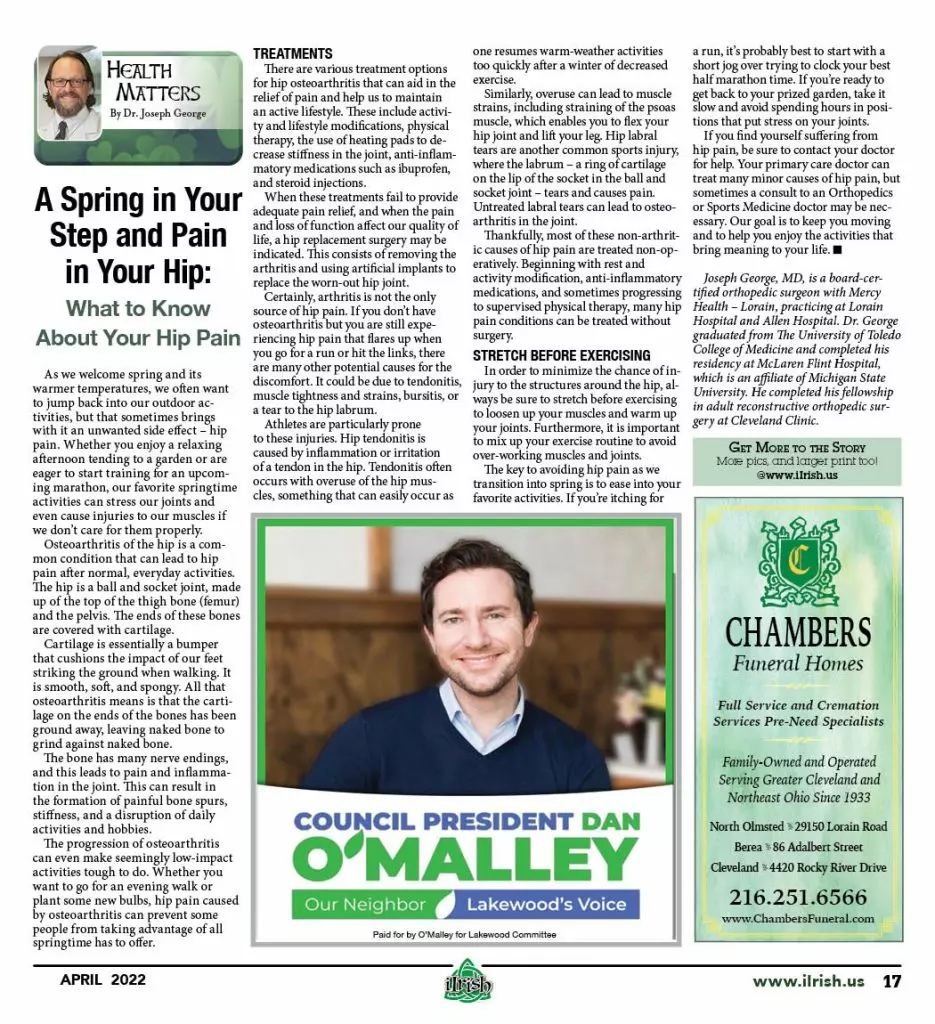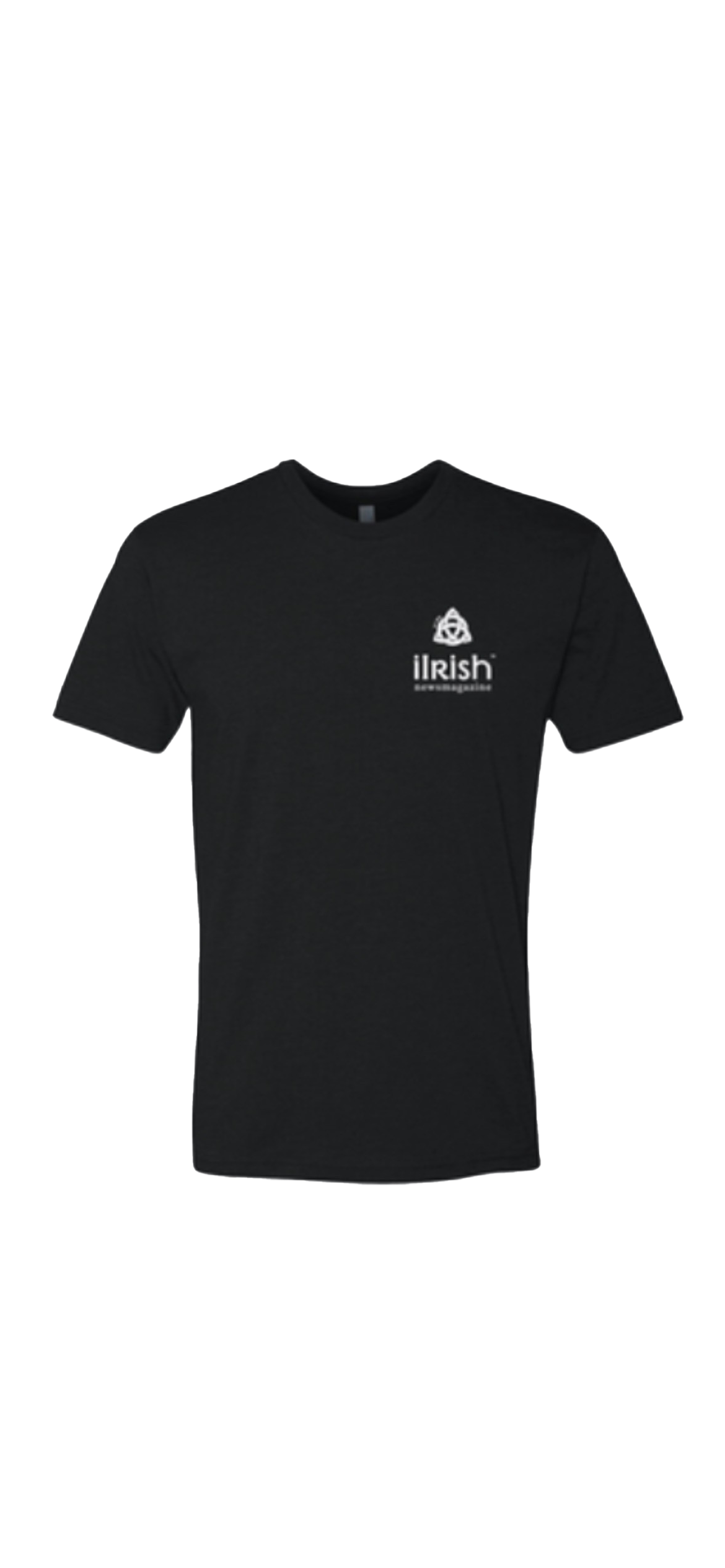Health Matters: A Spring in Your Step and Pain in Your Hip
- John O'Brien
- March 29, 2022
- Edited 6 months ago
Table of Contents

A Spring in Your Step and Pain in Your Hip:
What to Know About Your Hip Pain
By Dr. Joseph George
As we welcome spring and its warmer temperatures, we often want to jump back into our outdoor activities, but that sometimes brings with it an unwanted side effect – hip pain. Whether you enjoy a relaxing afternoon tending to a garden or are eager to start training for an upcoming marathon, our favorite springtime activities can stress our joints and even cause injuries to our muscles if we don’t care for them properly.
Osteoarthritis of the hip is a common condition that can lead to hip pain after normal, everyday activities. The hip is a ball and socket joint, made up of the top of the thigh bone (femur) and the pelvis. The ends of these bones are covered with cartilage.
Cartilage is essentially a bumper that cushions the impact of our feet striking the ground when walking. It is smooth, soft, and spongy. All that osteoarthritis means is that the cartilage on the ends of the bones has been ground away, leaving naked bone to grind against naked bone.
The bone has many nerve endings, and this leads to pain and inflammation in the joint. This can result in the formation of painful bone spurs, stiffness, and a disruption of daily activities and hobbies.
The progression of osteoarthritis can even make seemingly low-impact activities tough to do. Whether you want to go for an evening walk or plant some new bulbs, hip pain caused by osteoarthritis can prevent some people from taking advantage of all springtime has to offer.
Treatments
There are various treatment options for hip osteoarthritis that can aid in the relief of pain and help us to maintain an active lifestyle. These include activity and lifestyle modifications, physical therapy, the use of heating pads to decrease stiffness in the joint, anti-inflammatory medications such as ibuprofen, and steroid injections.
When these treatments fail to provide adequate pain relief, and when the pain and loss of function affect our quality of life, hip replacement surgery may be indicated. This consists of removing the arthritis and using artificial implants to replace the worn-out hip joint.
Certainly, arthritis is not the only source of hip pain. If you don’t have osteoarthritis but are still experiencing hip pain that flares up when you go for a run or hit the links, there are many other potential causes for the discomfort. It could be due to tendonitis, muscle tightness, and strains, bursitis, or a tear to the hip labrum.
Athletes are particularly prone to these injuries. Hip tendonitis is caused by inflammation or irritation of a tendon in the hip. Tendonitis often occurs with overuse of the hip muscles, something that can easily occur as one resumes warm-weather activities too quickly after a winter of decreased exercise.
Similarly, overuse can lead to muscle strains, including straining of the psoas muscle, which enables you to flex your hip joint and lift your leg. Hip labral tears are another common sports injury, where the labrum – a ring of cartilage on the lip of the socket in the ball and socket joint – tears and causes pain. Untreated labral tears can lead to osteoarthritis in the joint.
Thankfully, most of these non-arthritic causes of hip pain are treated non-operatively. Beginning with rest and activity modification, anti-inflammatory medications, and sometimes progressing to supervised physical therapy, many hip pain conditions can be treated without surgery.
Stretch Before Exercising
In order to minimize the chance of injury to the structures around the hip, always be sure to stretch before exercising to loosen up your muscles and warm up your joints. Furthermore, it is important to mix up your exercise routine to avoid overworking muscles and joints.
The key to avoiding hip pain as we transition into spring is to ease into your favorite activities. If you’re itching for a run, it’s probably best to start with a short jog over trying to clock your best half marathon time. If you’re ready to get back to your prized garden, take it slow and avoid spending hours in positions that put stress on your joints.
If you find yourself suffering from hip pain, be sure to contact your doctor for help. Your primary care doctor can treat many minor causes of hip pain, but sometimes a consult to an Orthopedics or Sports Medicine doctor may be necessary. Our goal is to keep you moving and to help you enjoy the activities that bring meaning to your life.
*Joseph George, MD, is a board-certified orthopedic surgeon with Mercy Health – Lorain, practicing at Lorain Hospital and Allen Hospital. Dr. George graduated from The University of Toledo College of Medicine and completed his residency at McLaren Flint Hospital, which is an affiliate of Michigan State University. He completed his fellowship in adult reconstructive orthopedic surgery at Cleveland Clinic.





